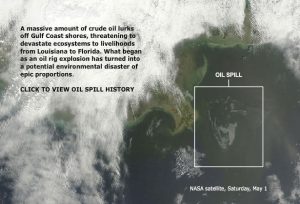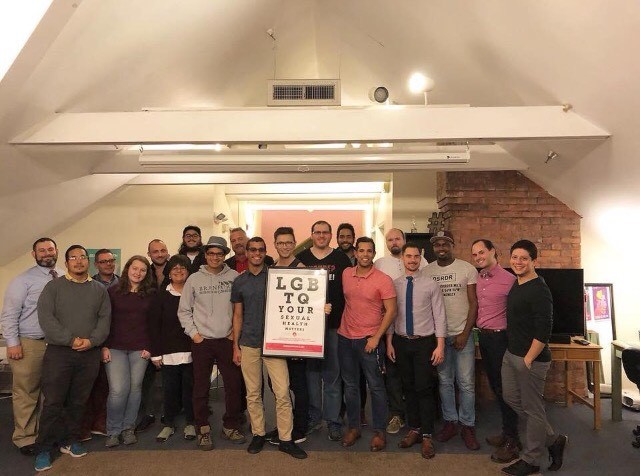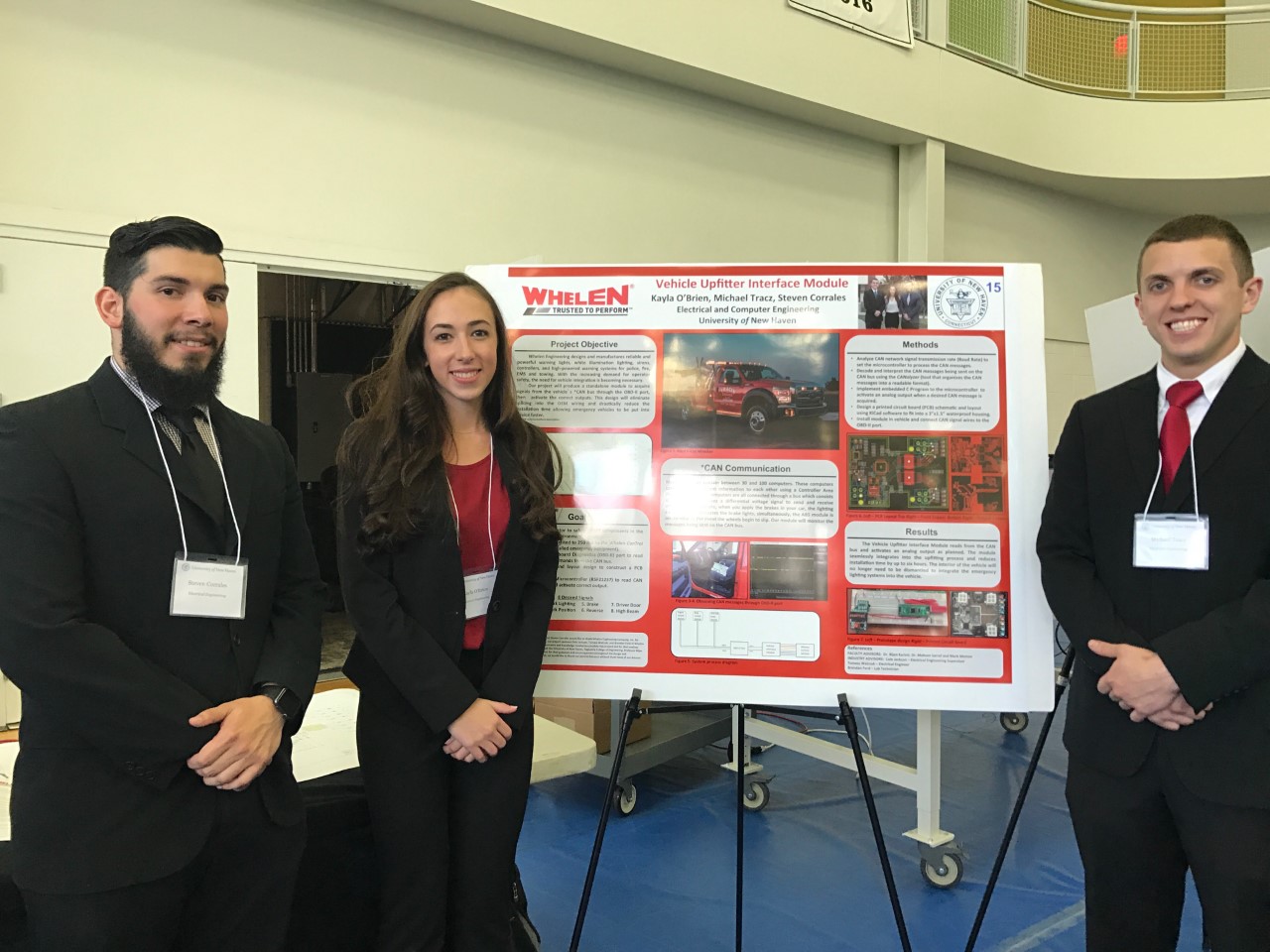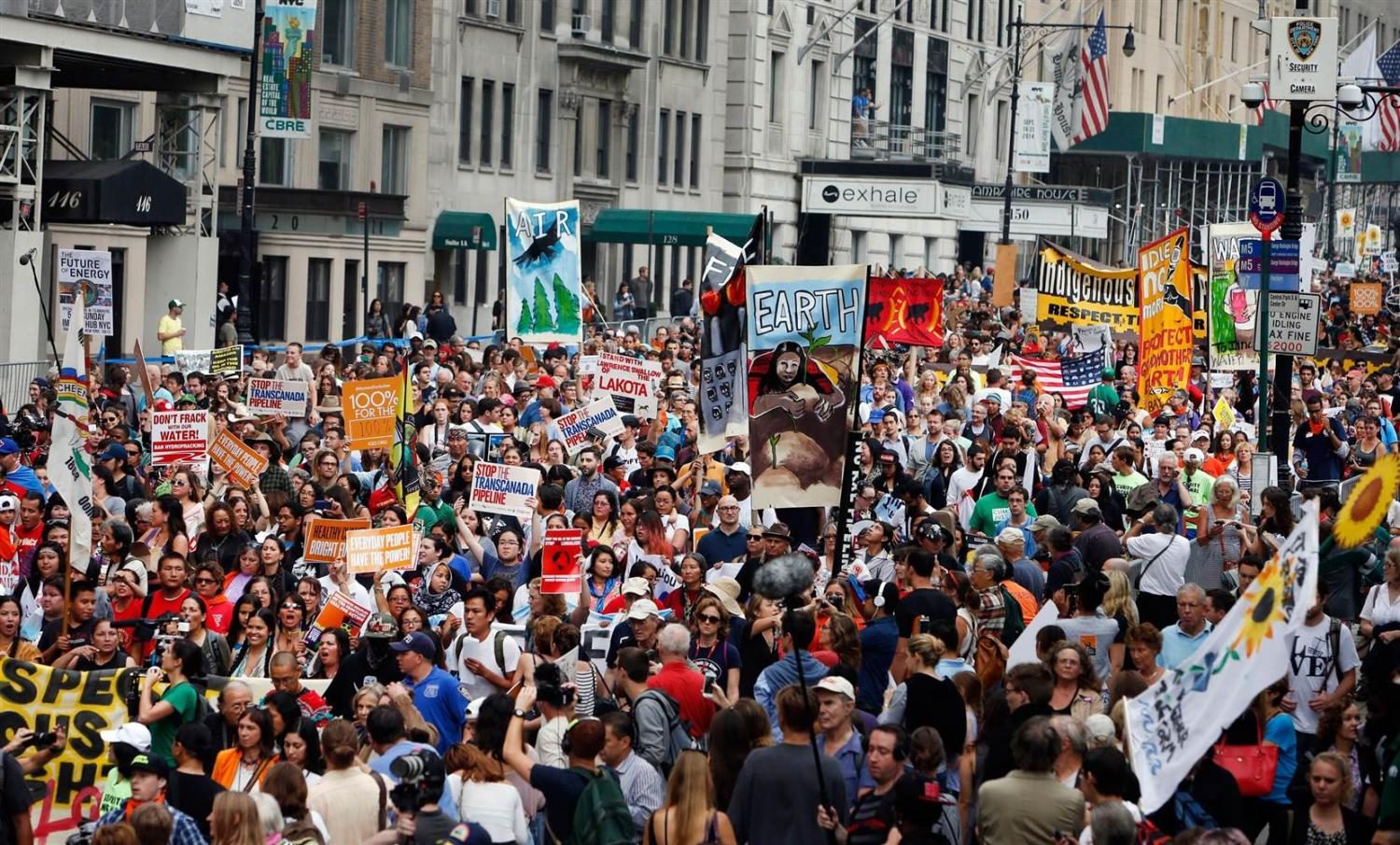VENICE, La. – BP PLC gave some assurance Monday to shrimpers, oil workers and scores of others that they will be paid for damage and injuries from the explosion of a drilling rig and the resulting massive oil spill in the Gulf.

A fact sheet on the company website says BP takes responsibility for cleaning up the spill and will pay compensation for “legitimate and objectively verifiable” claims for property damage, personal injury and commercial losses. President Barack Obama and several attorneys general have asked the company to explain what exactly that means.
People like Dana Powell, manager of the Paradise Inn in Pensacola Beach, Fla., have feared what will happen to the Gulf Coast’s staple industries such as tourism and commercial fishing.
“Now when there’s a hurricane, we know it’s going to level things, devastate things, be a huge mess and it’s going to take several years to clean up,” she said. “But this? It’s going to kill the wildlife, it’s going to kill lifestyles — the shrimpers, the fishermen, tourism. Who’s going to come to an oil-covered beach?”
BP CEO Tony Hayward said Monday on ABC’s Good Morning America that BP was not responsible for the accident. He said the equipment that failed and led to the spill belonged to owner Transocean Ltd., not BP, which operated the Deepwater Horizon rig.
Guy Cantwell, a Transocean spokesman, responded by reading a statement without elaborating.
“We will await all the facts before drawing conclusions and we will not speculate,” he said.
A board investigating the explosion and oil leak plans to hold its first public hearing in roughly two weeks. The cause of the April 20 explosion, which killed 11 workers, has not been determined.
Coast Guard Capt. David Fish, chief of the Washington-based Office of Investigations and Analysis, said the six-member board — three from the Coast Guard and three from the U.S. Minerals and Management Service — will likely meet in the New Orleans area and take testimony from experts and workers who survived the disaster.
“We want to get it public because that’s just what our rules are and while everything is fresh in everyone’s mind, particularly with the witnesses,” he said.
Meanwhile, Hayward said chemical dispersants seem to be having a significant impact keeping oil from flowing to the surface, though he did not elaborate.
The update on the dispersants came as BP was preparing a system never tried to siphon away the spill of crude from a blown-out well a mile underwater. However, it will take at least another six to eight days before crews can lower 74-ton concrete-and-metal boxes being built to capture the oil and siphon it to a barge waiting at the surface.
That delay could allow at least another million gallons to spill into the Gulf, on top of the roughly 2.6 million or more that has spilled since the April 20 blast. Those numbers are based on the Coast Guard’s estimates that 200,000 gallons a day are spilling out, though officials have cautioned it’s impossible to know exactly how much is leaking.
By comparison, the tanker Exxon Valdez spilled 11 million gallons off the Alaska coast in 1989.
Crews continued to lay boom in what increasingly felt like a futile effort to keep the spill from reaching the shore, though choppy seas have made that difficult and rendered much of the oil-corraling gear useless.
In Pensacola, Florida Gov. Charlie Crist characterized the spill as “sort of an underground volcano of oil.” He said Monday that BP was responsible for the cleanup and added “we’ll be more than happy to send them the bill.”
Everything engineers have tried so far has failed to stop the leak. After the explosion, the flow of oil should have been stopped by a blowout preventer, but the mechanism failed. Efforts to remotely activate it have proven fruitless.
The oil could keep gushing for months until a second well can be dug to relieve pressure from the first.
Besides the immediate impact on Gulf industries, shipping along the Mississippi River could soon be limited because the slick was precariously close to a key shipping lane. Ships carrying food, oil, rubber and much more come through the Southwest Pass to enter the vital waterway.
Shipment delays — either because oil-splattered ships need to be cleaned off at sea before docking or because water lanes are shut down for a time — would raise the cost of transporting those goods.
“We saw that during Hurricane Katrina for a period of time — we saw some prices go up for food and other goods because they couldn’t move some fruit down the shipping channels and it got spoiled,” PFGBest analyst Phil Flynn said.
The Port of New Orleans said projections suggest the pass will be clear through Tuesday.
Obama toured the region Sunday, deflecting criticism that his administration was too slow to respond and did too little to stave off the catastrophe. The administration has also strongly defended any comparison to the slow response to Hurricane Katrina in 2005.
A piece of plywood along a Louisiana highway had these words painted on it: “OBAMA SEND HELP”
The containment boxes being built were not part of BP’s original response plan. The approach has been used previously only for spills in relatively shallow water. Coast Guard Adm.Thad Allen said engineers are still examining whether the valves and other systems that feed oil to a ship on the surface can withstand the extra pressures of the deep.
BP was trying to cap the smallest of three leaks with underwater robots in the hope it will make it easier to place a single oil-siphoning container over the wreck. One of the robots cut the damaged end off a pipe at the smallest leak Sunday and officials were hoping to cap it with a sleeve and valve, Coast Guard spokesman Brandon Blackwell said Monday. He did not know how much oil was coming from that leak.
“We see this as an opportunity to simplify the seafloor mission a little bit, so we’re working this aggressively,” BP spokesman Steve Rinehart said.
A company official, speaking on condition of anonymity because he was not authorized to discuss the volume of reserves, confirmed reports that tens of millions of barrels of oil were beneath the seabed being tapped by the rig when it blew up. Bob Fryar, senior vice president for BP in Angola, said any numbers being thrown out are just estimates at best.
On Sunday, fishermen from the mouth of the Mississippi River to the Florida Panhandle got the news that more than 6,800 square miles of federal fishing areas were closed, fracturing their livelihood for at least 10 days and likely more just as the prime spring season was kicking in.
Peter Young has worked nearly 18 years as a fishing guide and said he’s afraid his way of life may be slipping away. The government has overreacted by shutting down vital fishing areas in the marshes, he said.
Until he sees oil himself, Young will keep fishing the closed areas.
“They can take me to jail,” he said. “This is our livelihood. I’m not going to take customers into oil, but until I see it, I can’t sit home and not work.”













